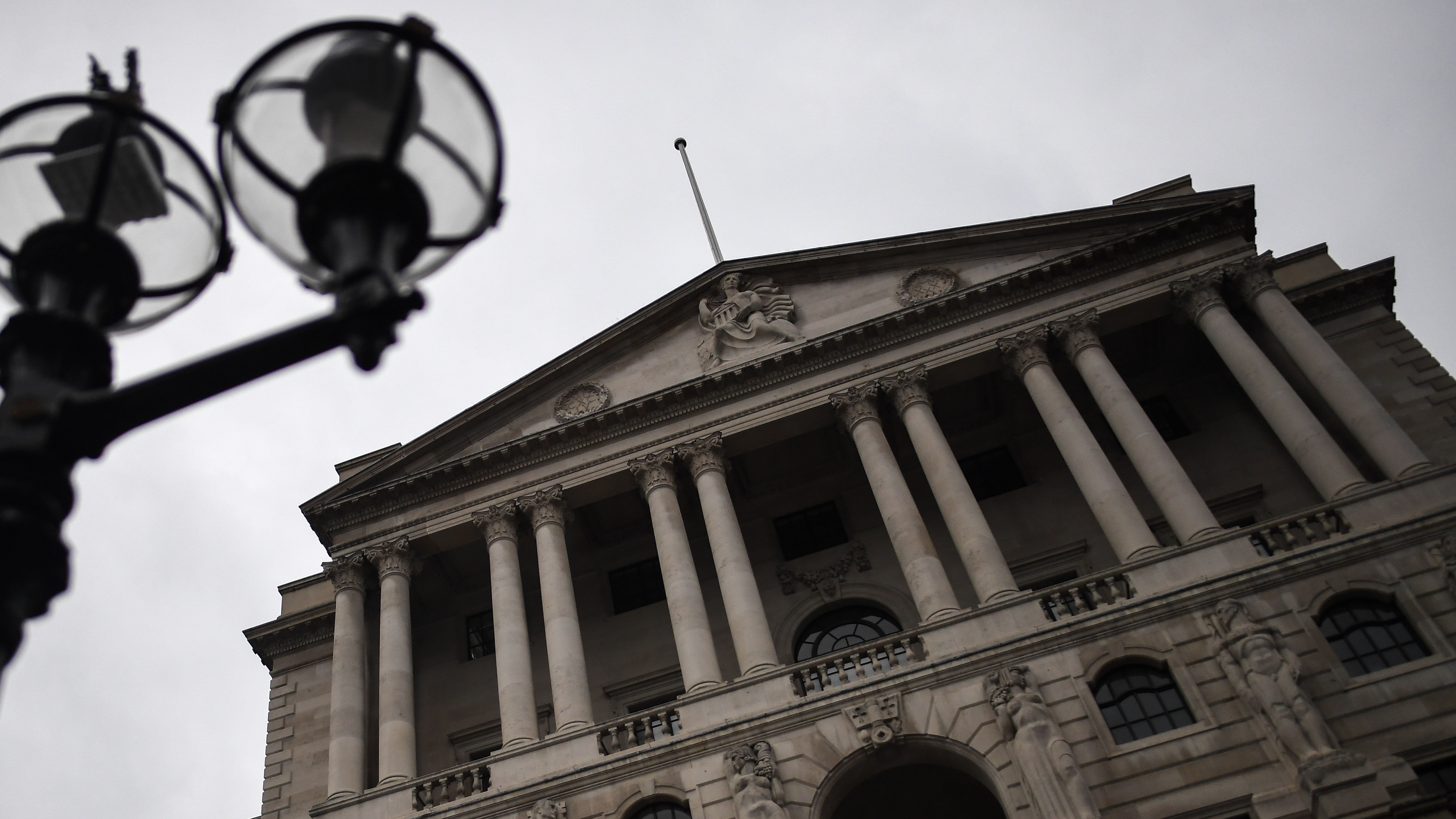Automatic pension saving to begin at 18
Every adult British worker will begin saving into a workplace pension unless they opt out

A free daily email with the biggest news stories of the day – and the best features from TheWeek.com
You are now subscribed
Your newsletter sign-up was successful
Every British worker aged 18 or over will automatically begin paying into a workplace pension scheme, under new plans unveiled by the government.
Under current rules, employers must enrol staff earning over £10,000 and aged 22 and over into a pension, but ministers now hope to lower the minimum age to 18 by the middle of the next decade. The change could affect almost a million young people.
First introduced in 2012, the system automatically diverts a slice of a worker’s pay packet into a savings pot, topped up by their employer and government contribution - unless the worker opts out.
The Week
Escape your echo chamber. Get the facts behind the news, plus analysis from multiple perspectives.

Sign up for The Week's Free Newsletters
From our morning news briefing to a weekly Good News Newsletter, get the best of The Week delivered directly to your inbox.
From our morning news briefing to a weekly Good News Newsletter, get the best of The Week delivered directly to your inbox.
The total minimum contribution is currently set at 2% of earnings (0.8% from the worker, 1% from an employer, and 0.2% as tax relief from the government) but this is set to rise to 8% of earnings by April 2019. The BBC says the system “has been credited with ensuring more prepare for older age, but it means extra costs for employers”.
Extending automatic enrolment is estimated to cost employers an extra £1.4bn a year, and the government an extra £600m a year in tax relief.
Work and Pensions Secretary David Gauke said there had been “greater saving for pensions” since automatic enrolment came into effect but admitted increases in contributions from next year “might put people off”, even though “the evidence is that opt-out rates have been lower than people predicted”.
Iona Bain, founder of the Young Money blog, said the move was inadequate and would not solve a long-term pension crisis for the young.
A free daily email with the biggest news stories of the day – and the best features from TheWeek.com
She said school leavers were facing a “storm of financial pressures” and should have the same National Living Wage as those aged 25 and over if they were expected to contribute into a pension.
-
 Moltbook: The AI-only social network
Moltbook: The AI-only social networkFeature Bots interact on Moltbook like humans use Reddit
-
 Judge orders Washington slavery exhibit restored
Judge orders Washington slavery exhibit restoredSpeed Read The Trump administration took down displays about slavery at the President’s House Site in Philadelphia
-
 Kurt Olsen: Trump’s ‘Stop the Steal’ lawyer playing a major White House role
Kurt Olsen: Trump’s ‘Stop the Steal’ lawyer playing a major White House roleIn the Spotlight Olsen reportedly has access to significant U.S. intelligence
-
 Six ways to boost your finances in 2026
Six ways to boost your finances in 2026The Explainer It’s not too late to make a new year’s resolution to finally get organised money-wise
-
 The financial impact of returning to work in later life – should you 'unretire'?
The financial impact of returning to work in later life – should you 'unretire'?The Explainer Many people return to the workplace after retirement age, but what could it mean for your finances?
-
 State pension underpayments: are you getting the right amount?
State pension underpayments: are you getting the right amount?feature Hundreds of thousands of women may have received less than they were owed
-
 Early retirement: what is the ‘FIRE’ movement?
Early retirement: what is the ‘FIRE’ movement?feature Younger workers are aiming to quit the workforce early through extreme saving and investment
-
 How women can bridge the gender pension gap
How women can bridge the gender pension gapIn Depth New figures have shown the extent of the problem for women in retirement years
-
 How to plug the pension gap by buying National Insurance credits
How to plug the pension gap by buying National Insurance creditsfeature A temporary change in the state pension offers a ‘golden opportunity’
-
 Are UK pensions safe?
Are UK pensions safe?Today's Big Question Bank of England governor says its debt market support must end – but the multi-billion-pound scheme could be extended
-
 Pensions: time to end the triple lock?
Pensions: time to end the triple lock?In the Spotlight Ministers must decide whether to risk alienating older voters by ending guaranteed pension rises